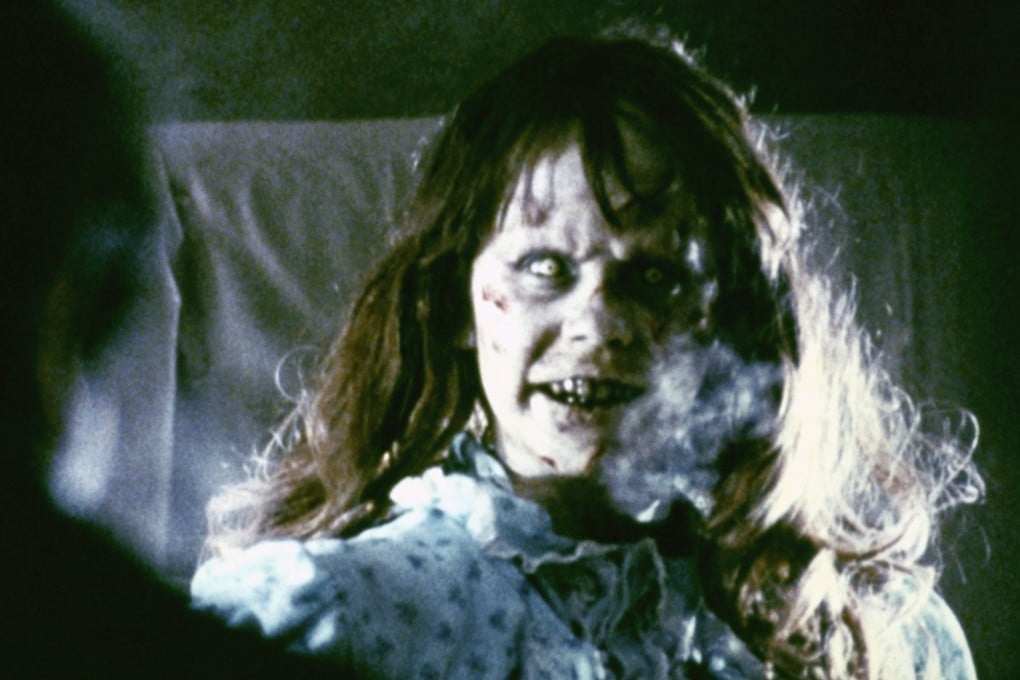The mental health benefits of watching horror movies: it can make real life less scary, release stress, manage anxiety and build resilience
- Horror fans and a psychologist describe how watching horror movies can help manage their real-life fears – something studies back up
- But they’re not for everyone – highly imaginative people who may replay scenes later, impressionable young people and the emotionally vulnerable should avoid

Watching a censored version of the 1973 movie The Exorcist, one of the most horrifying movies ever made, terrified a 10-year-old Sana Shawkath Khan – even without the most gory bits.
In the film, Linda Blair stars as a charming 12-year-old girl possessed by the devil, who takes on the characteristics and voices of others, before priests perform the ancient rite of demonic exorcism.
Although she couldn’t sleep at all the night she watched it, that film triggered Khan’s enduring love of horror films.
“I remember just being completely shocked. The movie has quite a few ‘jump scares’, and when you watch it when you are so young it can be quite spooky. But I remember not wanting to close my eyes or look away for a minute because I wanted to know what was going to happen next.”

While she has since developed anxiety, Khan, 31, a publicist in Bangalore, India, hasn’t stopped watching horror flicks.
“I enjoy the general ambience, the music and sound effects. Everything is more exaggerated than real life – screaming, creaking houses and slamming doors.